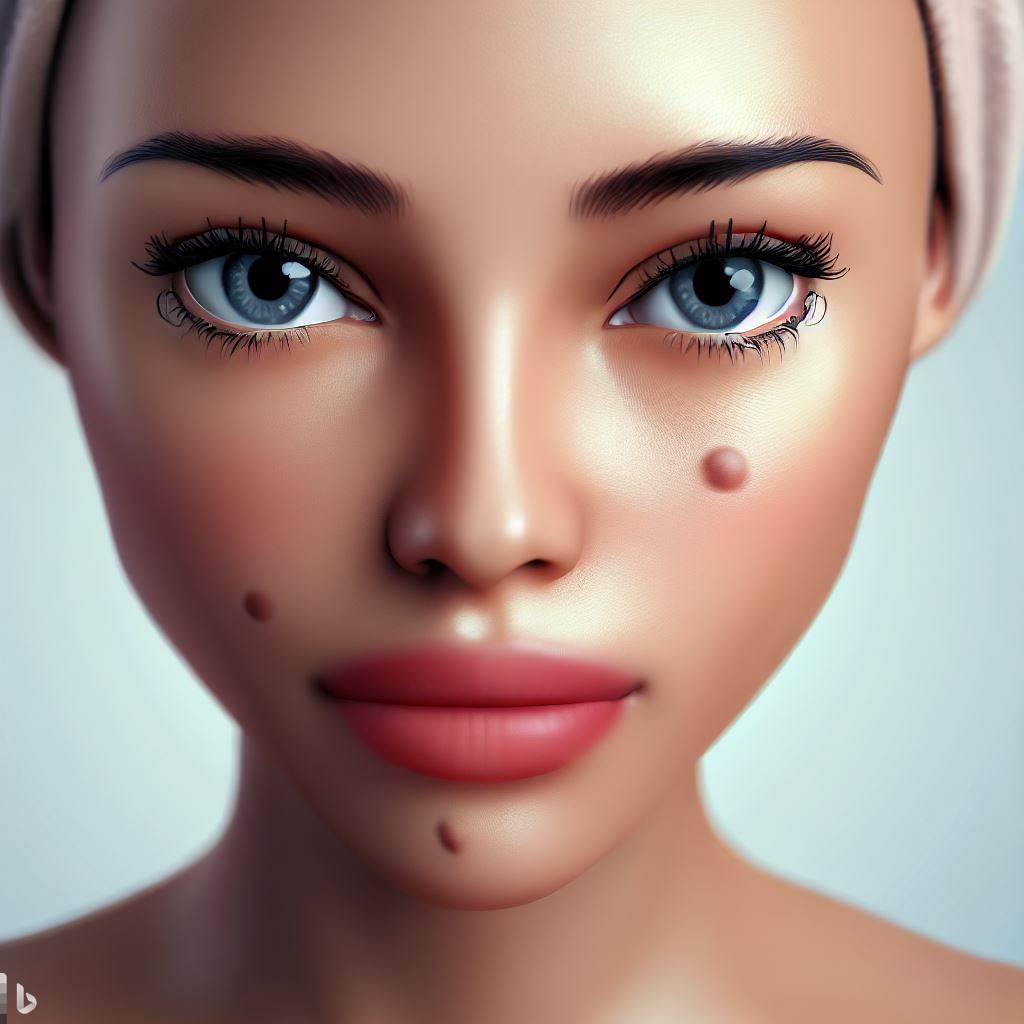Acne is a common skin condition that affects people of all ages. It can be particularly challenging for those with oily skin, as excess oil production can lead to clogged pores and breakouts. However, with the right skincare routine and lifestyle changes, it is possible to manage oily skin and prevent acne. In this post, we’ll share our top 10 tips for preventing acne in oily skin types.
1. Cleanse your skin twice a day
One of the most important steps in preventing acne is to cleanse your skin twice a day – once in the morning and once at night. This helps to remove excess oil, dirt, and impurities from your skin, which can clog pores and lead to breakouts. Use a gentle, oil-free cleanser that is specifically designed for oily skin.
2. Use a toner
After cleansing, use a toner to help balance your skin’s pH levels and remove any remaining impurities. Look for a toner that contains salicylic acid or alpha hydroxy acids (AHAs), as these ingredients can help to exfoliate the skin and unclog pores.
3. Moisturize regularly
It may seem counterintuitive, but moisturizing is an essential step in preventing acne in oily skin types. When your skin is dehydrated, it can produce even more oil to compensate, leading to clogged pores and breakouts. Use a lightweight, oil-free moisturizer to hydrate your skin without adding excess oil.
4. Exfoliate once or twice a week
Exfoliating once or twice a week can help to remove dead skin cells and unclog pores, reducing the likelihood of acne. Use a gentle exfoliant that contains salicylic acid or AHAs to avoid irritating your skin.
5. Use non-comedogenic products
When choosing skincare products, look for those that are labeled “non-comedogenic.” This means that they won’t clog pores or contribute to acne. Avoid heavy creams and oils, as these can exacerbate oily skin.
6. Avoid touching your face
Touching your face throughout the day can transfer dirt, oil, and bacteria from your hands to your skin, increasing the likelihood of breakouts. Try to avoid touching your face as much as possible, and wash your hands regularly to reduce the risk of transferring bacteria.
7. Manage stress
Stress can trigger the production of cortisol, a hormone that can increase oil production in the skin. Try to manage stress through exercise, meditation, or other relaxation techniques to help prevent acne.
8. Eat a healthy diet
A healthy diet can play a role in preventing acne. Avoid foods that are high in sugar and refined carbohydrates, as these can trigger inflammation and increase oil production in the skin. Instead, focus on eating a balanced diet that includes plenty of fruits, vegetables, whole grains, and lean protein.
9. Stay hydrated
Drinking plenty of water throughout the day can help to keep your skin hydrated and reduce the likelihood of acne. Aim for at least eight glasses of water per day to keep your skin looking its best.
10. See a dermatologist
If you’re struggling with persistent acne despite following these tips, it may be time to see a dermatologist. A dermatologist can assess your skin and recommend personalized treatment options to help manage oily skin and prevent acne.
In conclusion, preventing acne in oily skin types requires a consistent skincare routine and healthy lifestyle habits. By following these tips, you can help to keep your skin clear and healthy.


